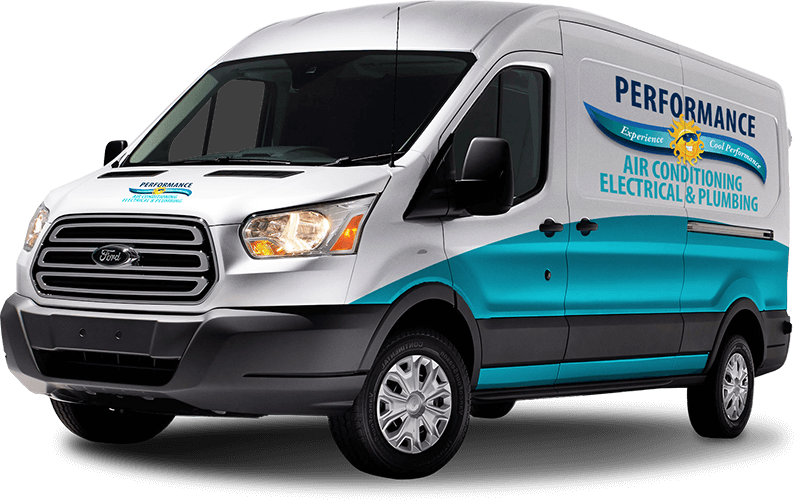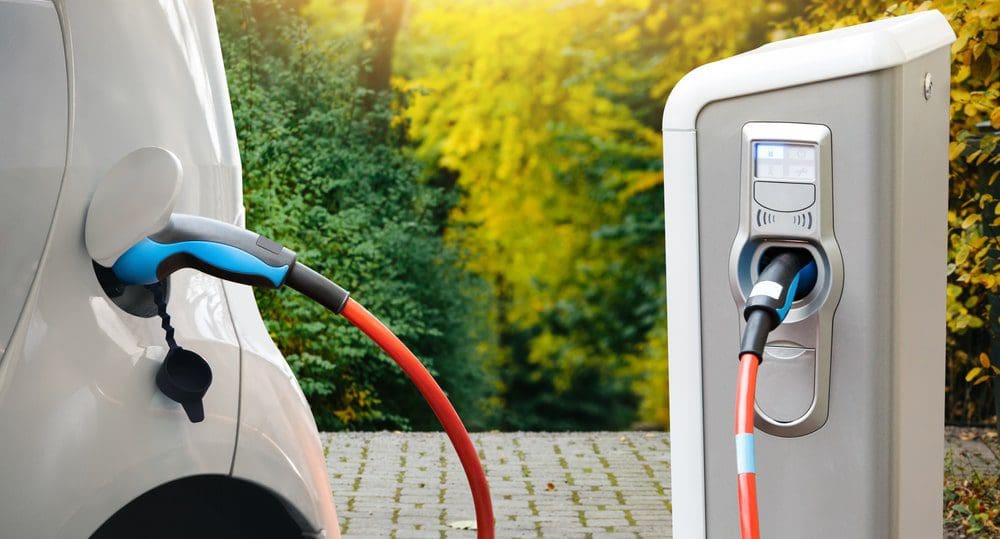
With electric vehicles becoming more popular, more companies are creating high-quality charging stations so drivers can conveniently charge their vehicles while on the go. With more people investing in these electric vehicles, the need for charging stations has never been greater. Though public charging stations are becoming widely available in cities and towns nationwide, using them alone isn’t always ideal to keep your car going as long as you need it to.
Public charging stations are often crowded, at best, and incredibly expensive, at worst. Ultimately, it’s up to the business and owner of the charging stations to determine the price per charging session. Some businesses allow you to charge your vehicle for free while others charge more than you’d pay to fill a gas tank for a traditional vehicle. This variance in price makes it essential for electric vehicle drivers to own charging stations so they can charge their vehicles at home whenever they want and at a more predictable price.
However, there are many different types of chargers you can choose from. Picking the right electric vehicle charger can make all the difference in your experience. Here’s what you need to know to choose the best option for your car.
Types of Electric Car Chargers
There are three main types of electric car chargers, and each one works slightly differently. Let’s take a look at how each one differs.
Level 1 Car Charger

Level 1 chargers are the most basic option on the market. They’re nothing more than a standard electrical outlet you likely already have in your garage. You can use any 120-volt outlet to charge your vehicle. Even still, 120-volt outlets are for appliances that use far less electricity than electric vehicles, so they can take much longer to charge your batteries.
Charging speed
Most 120-volt outlets provide five miles of range for every hour you charge your vehicle.
Use
The slow charge rate makes level 1 chargers ideal for overnight charging sessions and quick top-offs when your battery is already close to capacity.
Benefits and Drawbacks
The most significant benefit to level 1 chargers is that almost everyone will have them conveniently in their garages or on the exterior of their homes. However, their slow rate of charge makes it difficult to charge batteries quickly or top off batteries that are incredibly low.
Level 2 EV Charger
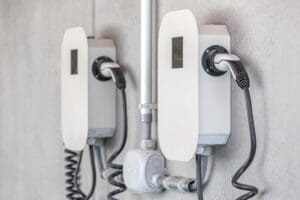
Level 2 chargers contain 240-volt outlets that are commonly used for clothes dryers and other high-voltage appliances. As with 120-volt outlets, many homes have these outlets already in place. But if you don’t, you can easily have one installed by your electrician for a relatively affordable price. In addition, these outlets charge electric vehicles much faster than standard 120-volt outlets and increase the driving range for every hour your car charges.
Charging speed
Level 2 chargers offer approximately 25 miles per 60 minutes of driving time.
Use
Level 2 chargers are ideal for drivers who use their cars for longer driving distances each day or businesses who want to provide reasonable charging speeds.
Benefits and Drawbacks
The biggest benefit to level 2 chargers is that they can charge most electric vehicles from empty to full overnight, making them a great choice for most drivers. However, these chargers are still slower than other options on the market.
Level 3 Charging Station
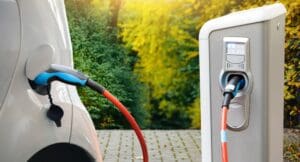
Level 3 car chargers—also known as DC fast chargers—have a much higher charging rate than level 1 and 2 chargers. You can only use level 3 chargers to charge electric vehicles. The outlets and connections won’t work for any other appliances.
Charging speed
Level 3 car chargers provide you with up to 250 miles of range for every charging hour.
Use
These chargers are best suited for drivers who make frequent high-mileage trips and businesses looking to provide fast chargers at their locations.
Benefits and Drawbacks
These chargers allow you to charge vehicles rapidly. However, installing them is expensive, and the charging units occupy more space in your garage or driveway than alternative options.
Which one is the best electric car charger
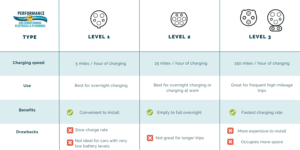
In order to select the right electric car charge for you, you first need to identify your commuting habits. If you don’t intend to travel long distances at a time, a level 1 or level 2 charger might just do the trick. However, if you are driving around a lot, a level 3 charger will be able to provide the fast charging solution you need.
Other Electric Car Chargers
Wireless Car Chargers
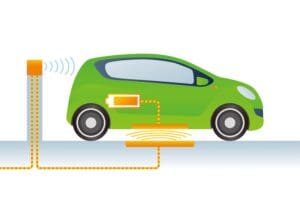
Wireless car chargers allow you to charge your electric vehicle without even plugging it in. Most offer level 2 charging speeds. To use one, you simply park your car on a dedicated charging pad and let the wireless charger do the work for you.
Charging speed
Like level 2 chargers, wireless car chargers provide up to 25 miles of driving range for every hour of charging time.
Use
These chargers are ideal for drivers who don’t have enough space to charge their cars with a dedicated outlet.
Benefits and Drawbacks
Wireless chargers take up less space and allow drivers to charge their vehicles in areas where dedicated plugs may not be easily installed. However, they cost more than other options and are still not as efficient as level 3 chargers.
Portable EV Charger

Portable car chargers let you charge your vehicle even when you’re away from home. These units are even small enough to travel with you.
Charging speed
The charging speed varies with portable chargers but can range from 20 to 65 miles per hour of charging time, based on the battery being used.
Use
Portable chargers are ideal as emergency backups or as a way to charge your car while on a road trip.
Benefits and Drawbacks
Portable chargers can cost significantly more than permanent chargers. Because of their limited charging capacity, you may not have enough charge to make it home from work. However, these units are fully portable, making them a great backup or emergency charging option.
Factors to Consider Before Installing an Electric Car Charger
Before you install an electric car charger, you’ll need to make sure it’s the right fit for your needs and your budget. Here are a few key electric car installation factors you’ll want to consider as you start searching for the right electric vehicle charger for your home.
1. Vehicle Compatibility
Believe it or not, not all electric vehicle chargers work with all types of electric vehicles. Before you purchase a charger, make sure it’s compatible with your vehicle. Your car dealership should be able to tell you which types of chargers to look for.
2. Charging Needs and Habits
The amount you drive determines how often you need to charge your car. The more miles you drive each day, the more you’ll need to charge your vehicle. If you drive more than 40 miles per day, installing a level 2 charger at a minimum will be your best bet. However, if you drive 25 miles or less each day, a level 1 charger may get the job done.
The best thing electric vehicle owners can do is speak with an electric car charger installation specialist. They’ll recommend the appropriate electric car charger for home use and help you decide which charger type is the right fit for your needs.
3. Available Electrical Capacity and System Currently in Place in Your Home
Ultimately, the electrical capacity of your home’s system determines which type of charger you can install. Most homes can handle both level 1 and level 2 chargers with ease. However, if you want to install a level 3 charger, you may need your electrician to upgrade your home’s electrical system.
If you’re not sure which systems your home is compatible with, the best thing you can do is ask an installation expert. They’ll give you a detailed electrical inspection and rewiring consultation to help you decide which type of charger will work best for your home, whether it’s a Tesla home charger or a wireless EV charger.
4. Installation Location
The location of your intended installation site can impact the type of charger you end up selecting. For example, if you plan on charging your car in your garage, you’ll have more flexibility in choice than you would if you charge your car in the driveway or under an exterior carport.
If you’re not sure what type of charger will work best for your home and driving habits, considering where you want to charge your vehicle will help you decide.
5. Permits and Local Regulations + Rebates
Every municipality is different and requires different permits to manage the installation of electric vehicle chargers. Before you start work installing your new charger, make sure you understand the local regulations in place. Your electrician should be able to explain those unique circumstances to you.
Your installation expert will also tell you about any Florida electric car charger rebates you may qualify for with different charger types. These rebates can help you save on your total tax liability each year.
Electric Car Charger Installation
If you’re thinking of installing an electric car charger, don’t handle it on your own. Let an experienced professional handle the task for you. Schedule an appointment with our electric vehicle experts today to get started.

